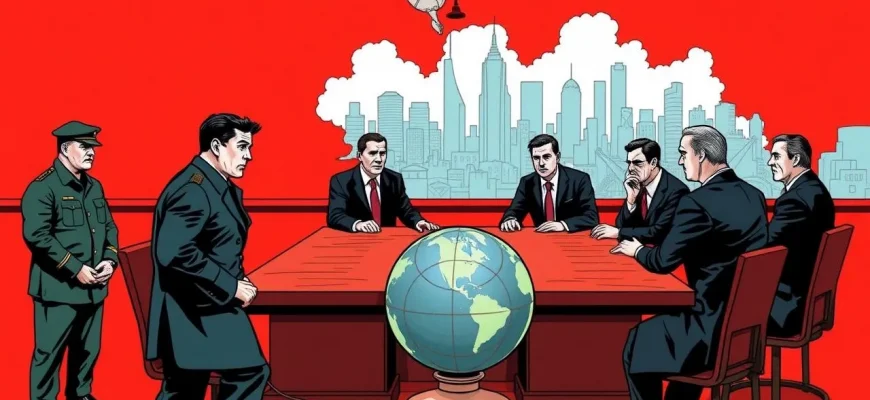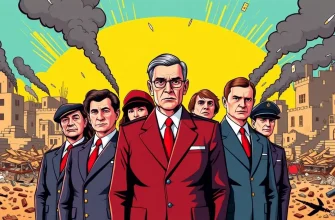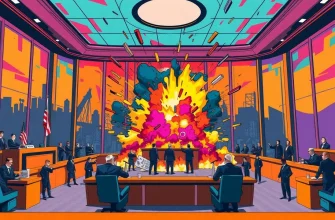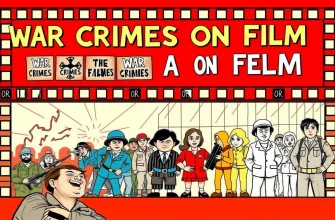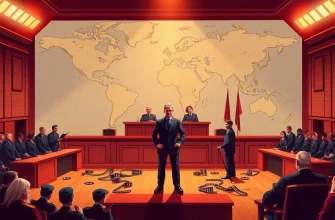This collection of military tribunal films delves into the complex interplay between justice, morality, and the consequences of war. Each film offers a unique perspective on how military courts navigate the thin line between duty and human rights, providing viewers with a thought-provoking exploration of legal and ethical dilemmas in wartime settings. These films are not only entertaining but also serve as a reflection on the nature of justice in times of conflict.
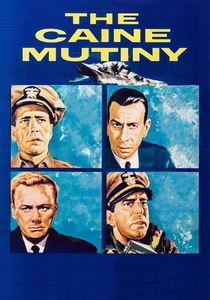
The Caine Mutiny (1954)
Description: This classic film explores the court-martial of a naval officer accused of mutiny during World War II, raising questions about leadership and mental stability.
Fact: Humphrey Bogart's performance as Captain Queeg earned him his third and final Academy Award nomination.
 Watch Now
Watch Now
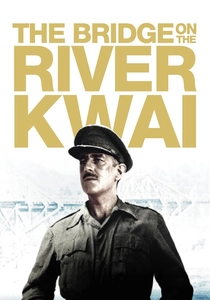
The Bridge on the River Kwai (1957)
Description: While not strictly a tribunal film, it includes a court-martial scene and deals with themes of duty, honor, and the ethics of war.
Fact: The film won seven Academy Awards, including Best Picture.
 Watch Now
Watch Now
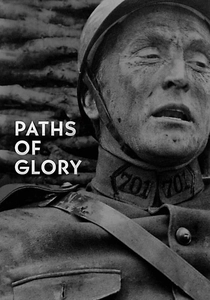
Paths of Glory (1957)
Description: Stanley Kubrick's film follows a French colonel defending three soldiers accused of cowardice during World War I, showcasing the absurdity of military justice.
Fact: The film was banned in France for nearly 20 years due to its portrayal of the French military.
 Watch Now
Watch Now
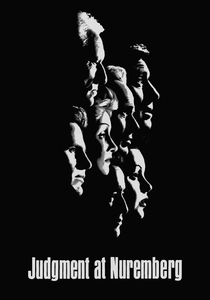
Judgment at Nuremberg (1961)
Description: This film dramatizes the Nuremberg Trials, focusing on the trial of four German judges accused of crimes against humanity, exploring the moral complexities of justice.
Fact: The film was nominated for 11 Academy Awards, winning two, including Best Actor for Maximilian Schell.
 Watch Now
Watch Now
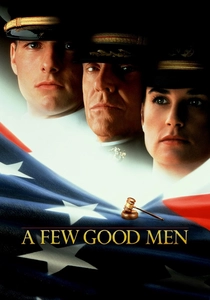
A Few Good Men (1992)
Description: A young military lawyer defends two Marines accused of murder, uncovering a conspiracy that goes to the top of the chain of command, focusing on the theme of "code red."
Fact: The film features the iconic line "You can't handle the truth!" delivered by Jack Nicholson. It was adapted from Aaron Sorkin's play of the same name.
 Watch Now
Watch Now
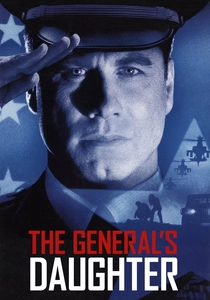
The General's Daughter (1999)
Description: A military investigator uncovers a web of secrets and corruption while investigating the murder of a female captain, leading to a military tribunal.
Fact: The film is based on the novel by Nelson DeMille, which was inspired by real events.
 Watch Now
Watch Now
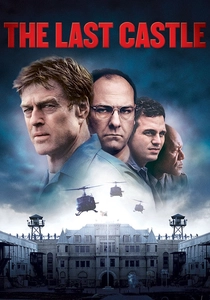
The Last Castle (2001)
Description: A court-martialed general is sent to a military prison where he leads a revolt against the corrupt warden, leading to a dramatic tribunal-like confrontation.
Fact: The film features Robert Redford and Mark Ruffalo, with Redford's character drawing inspiration from real-life military figures.
 Watch Now
Watch Now
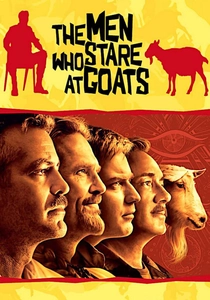
The Men Who Stare at Goats (2009)
Description: Though comedic, this film includes a tribunal scene where the military's unconventional warfare tactics are put on trial.
Fact: The film is loosely based on Jon Ronson's book about the U.S. military's exploration of psychic abilities.
 Watch Now
Watch Now
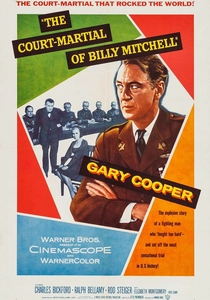
The Court-Martial of Billy Mitchell (1955)
Description: This film portrays the real-life court-martial of General Billy Mitchell, who was court-martialed for insubordination after criticizing the U.S. military's unpreparedness for air warfare.
Fact: Gary Cooper, who played Mitchell, was nominated for an Academy Award for his performance.
 Watch Now
Watch Now
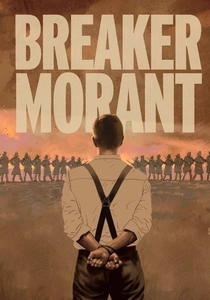
Breaker Morant (1980)
Description: This film recounts the true story of three Australian lieutenants tried for war crimes during the Boer War, highlighting the political and military pressures influencing their trial.
Fact: The film was based on a play by Kenneth Ross, which itself was inspired by historical events. It was nominated for an Academy Award for Best Adapted Screenplay.
 30 Days Free
30 Days Free

